Mondays
Small Deaths: A Meditation on Grief in Cinema
Programmed by Serin Lee
"Our dream of life will end as dreams do end, abruptly and completely, when the sun rises, when the light comes. And we will think, All that fear and all that grief were about nothing. But that cannot be true. I can't believe we will forget our sorrows altogether. That would mean forgetting that we had lived, humanly speaking." --Marilynne Robinson
As Robinson notes in Gilead, sorrow constitutes an indelible part of human life. The way it manifests in film is similarly fascinating, for it materializes in the frames that most insistently withhold sense and emotion--either to reflect the bereaved's sense of the world's insufficiency to both, or to reflect, more simply, denial itself. Cinematic grief opens windows of pause in which viewers can experience the medium's full capacity for restraint, wherein minute details become the real drama as they swell into sites of absence. The following films explore variations of these "small deaths" triggered by loss, and have a spare, haunting beauty that contours some of cinema's most stunning distillations of experience. Grief seems "almost impossible to transform, because it's so plain, it's so simple, it's so universal" (Lucie Brock-Broido)--yet a host of filmmakers rise up across borders and generations to plumb its challenges with marked humanism and poise.
1/7/2019 @ 7:00 PM
An Autumn Afternoon
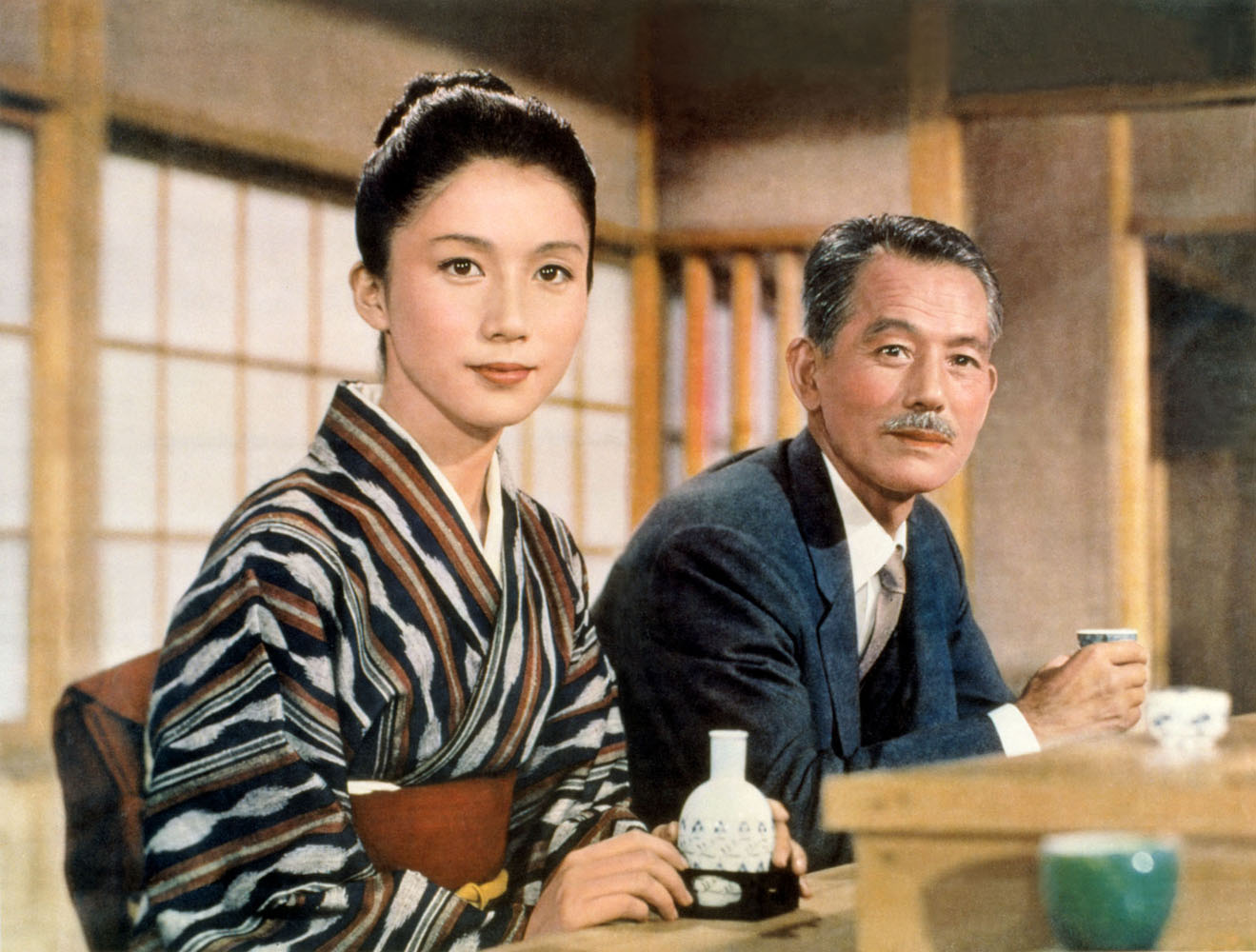
(Yasujirô Ozu, 1962) · Ozu's final film, An Autumn Afternoon is steeped in the depth and simplicity that characterizes his work. Hirayama, an aging widower, struggles with whether his only daughter should marry or continue looking after the family. His loneliness, at once meditative and prismatic, also emerges in the lives of those around him, and especially those closest to him--and like the season after which it is named, the film ferments their melancholy in life's passing rhythms, which can be neither reversed nor denied.
runtime: 133m format: 35mm
1/14/2019 @ 7:00 PM
Three Colors: Blue
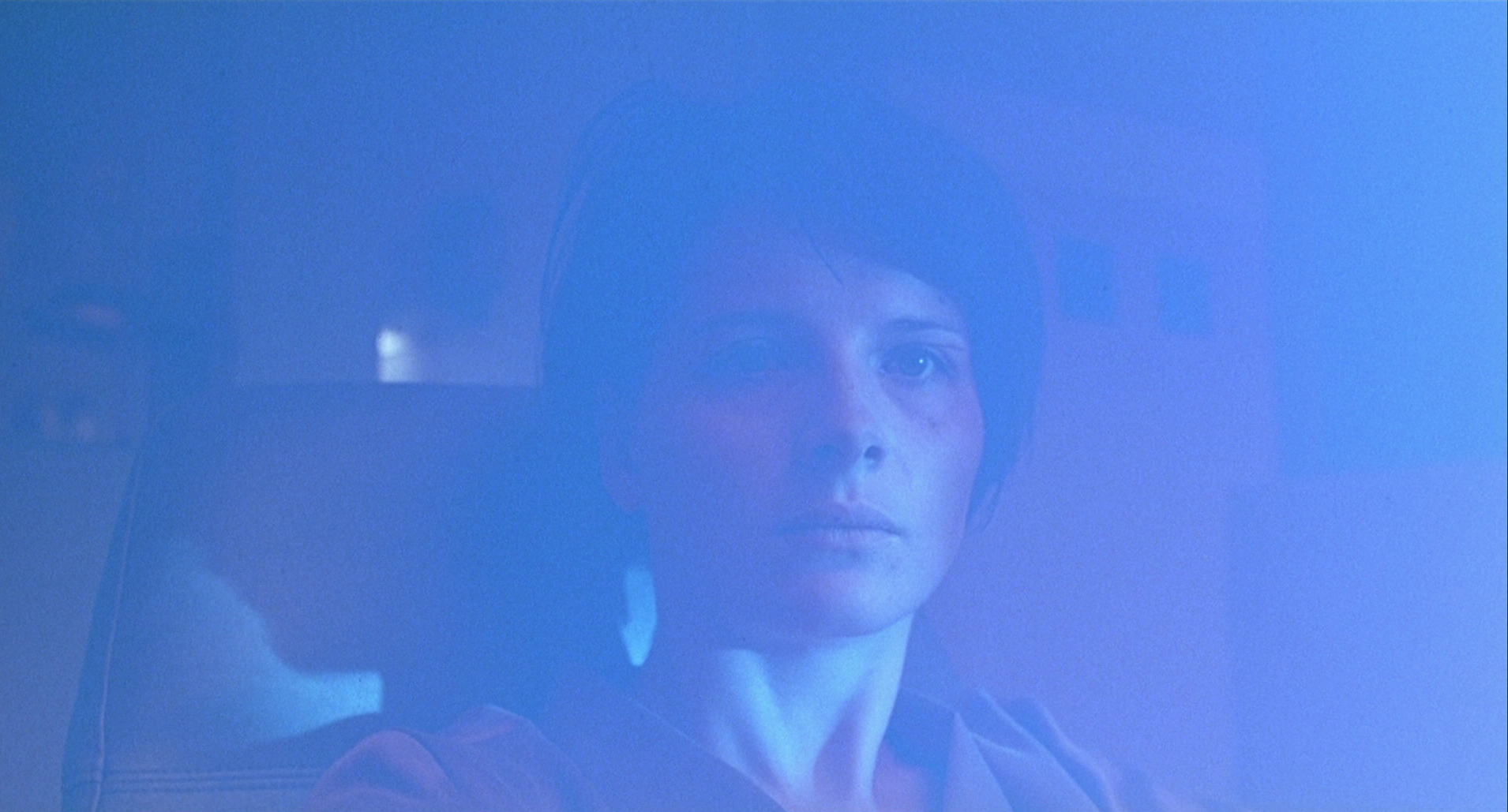
(Krzysztof Kieślowski, 1993) · The first film of Kieślowski's Three Colors Trilogy, Blue focuses on Julie (a stolidly agitated Juliette Binoche), a widow haunted by an accident that killed her husband and daughter, and who wanders through Paris trying to fill it with as little of herself as possible. "We love to contemplate blue... because it draws us after it," Goethe noted, and Blue indeed draws Julie and her observers alike into the mystery of a woman who rails quietly against death's demand that one start anew.
runtime: 100m format: 35mm
1/28/2019 @ 7:00 PM
Secret Sunshine
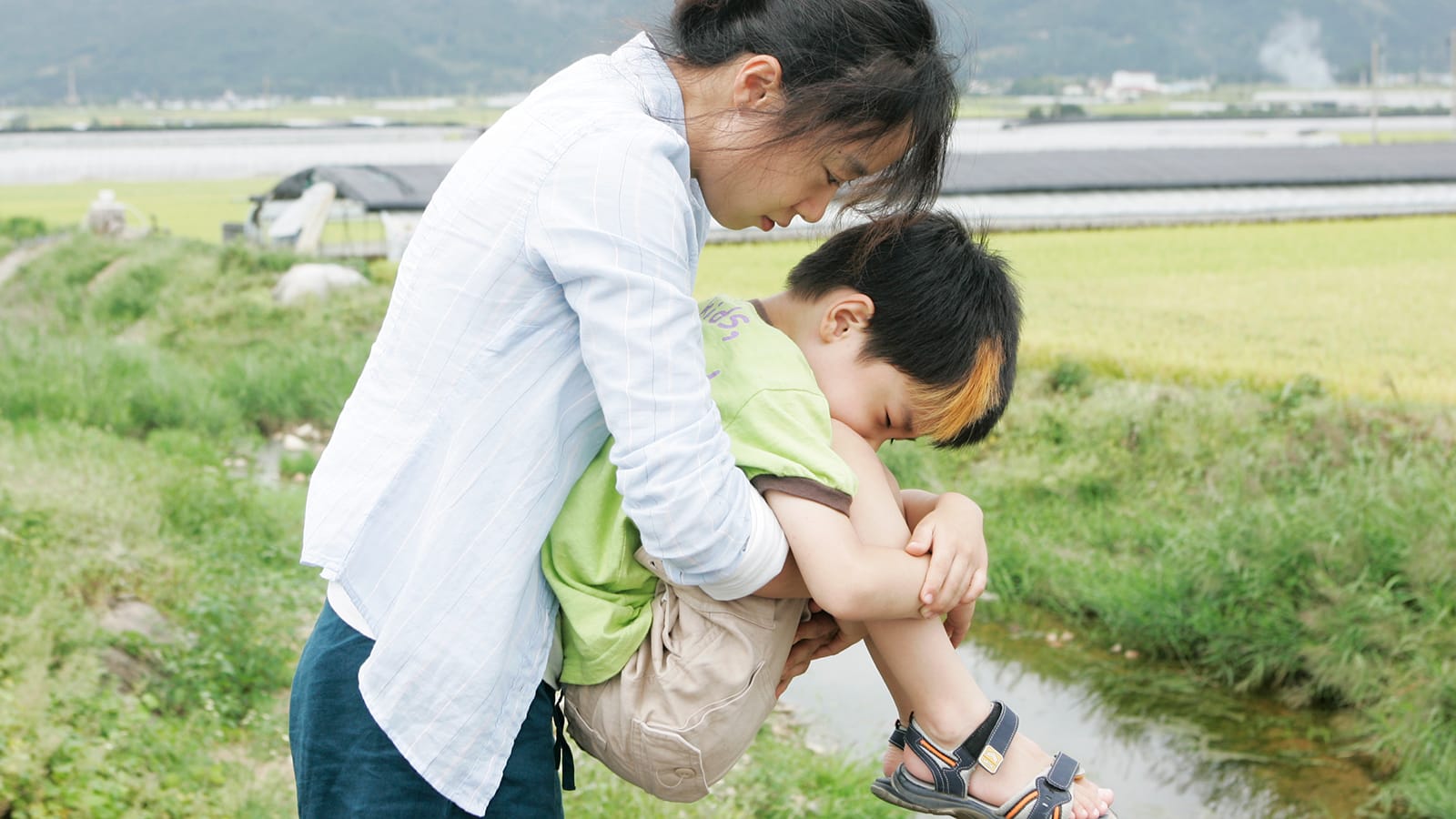
(Lee Chang-dong, 2007) · Jeon Do-yeon joins forces with Lee Chang-dong to deliver a crowning performance (Best Actress at Cannes). Playing a widowed mother who moves with her son to her husband's hometown, Jeon lends wrenching nuance to a woman who hoped to escape, but grows further mired in the world's absurdities when tragedy hits again soon after. Though Secret Sunshine handles the vexed question of reconciliation, it remains rooted in the terrible tragedy of bereaved life itself, which remains as pervasive as it is inscrutable.
runtime: 142m format: DCP
2/4/2019 @ 7:00 PM
Ordinary People
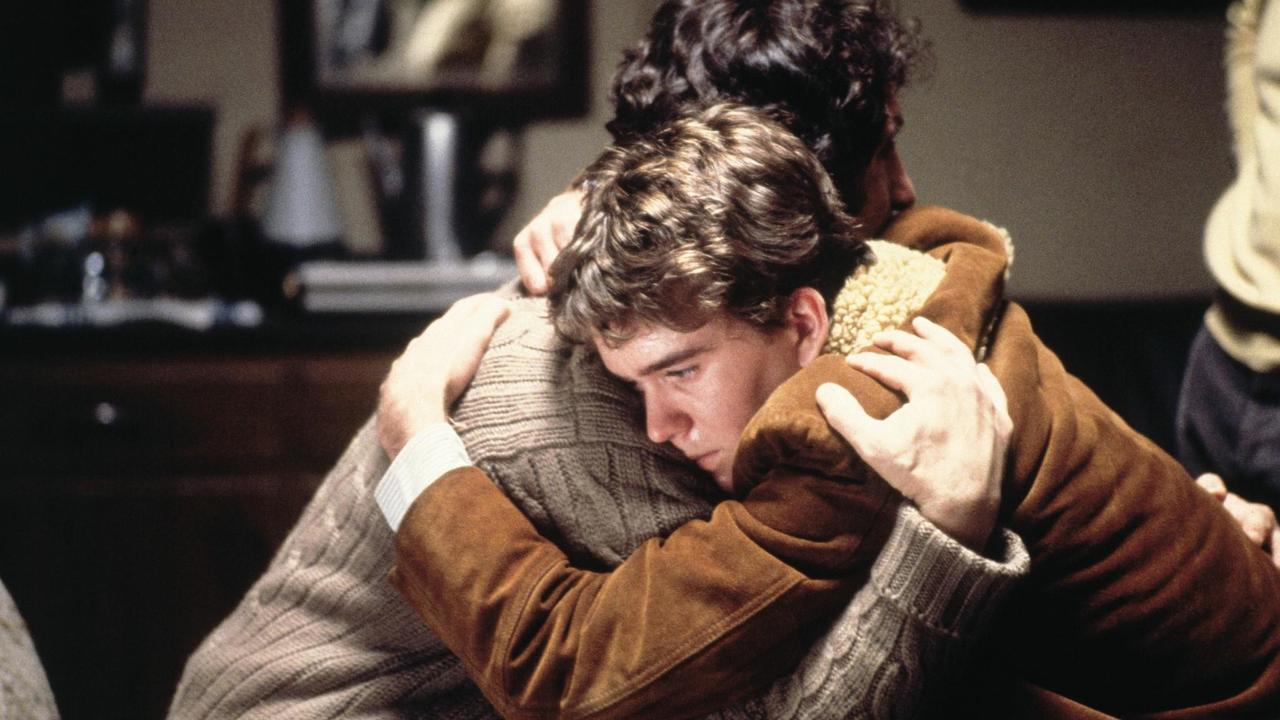
(Robert Redford, 1980) · A quietly formidable portrait of how the quality of attention one pays can mean the difference between love and the end thereof, Ordinary People sees death as a site of unraveling. A son dies in an accident; his mother, father, and brother are thrown into dysfunctionality when their own tensions erupt in his wake. Shot with a simplicity that reinforces the drama emerging from characters' internal states, Ordinary People has aged gracefully alongside the emotional perceptiveness that won it Best Picture.
runtime: 124m format: DCP
2/11/2019 @ 7:00 PM
The Milk of Sorrow
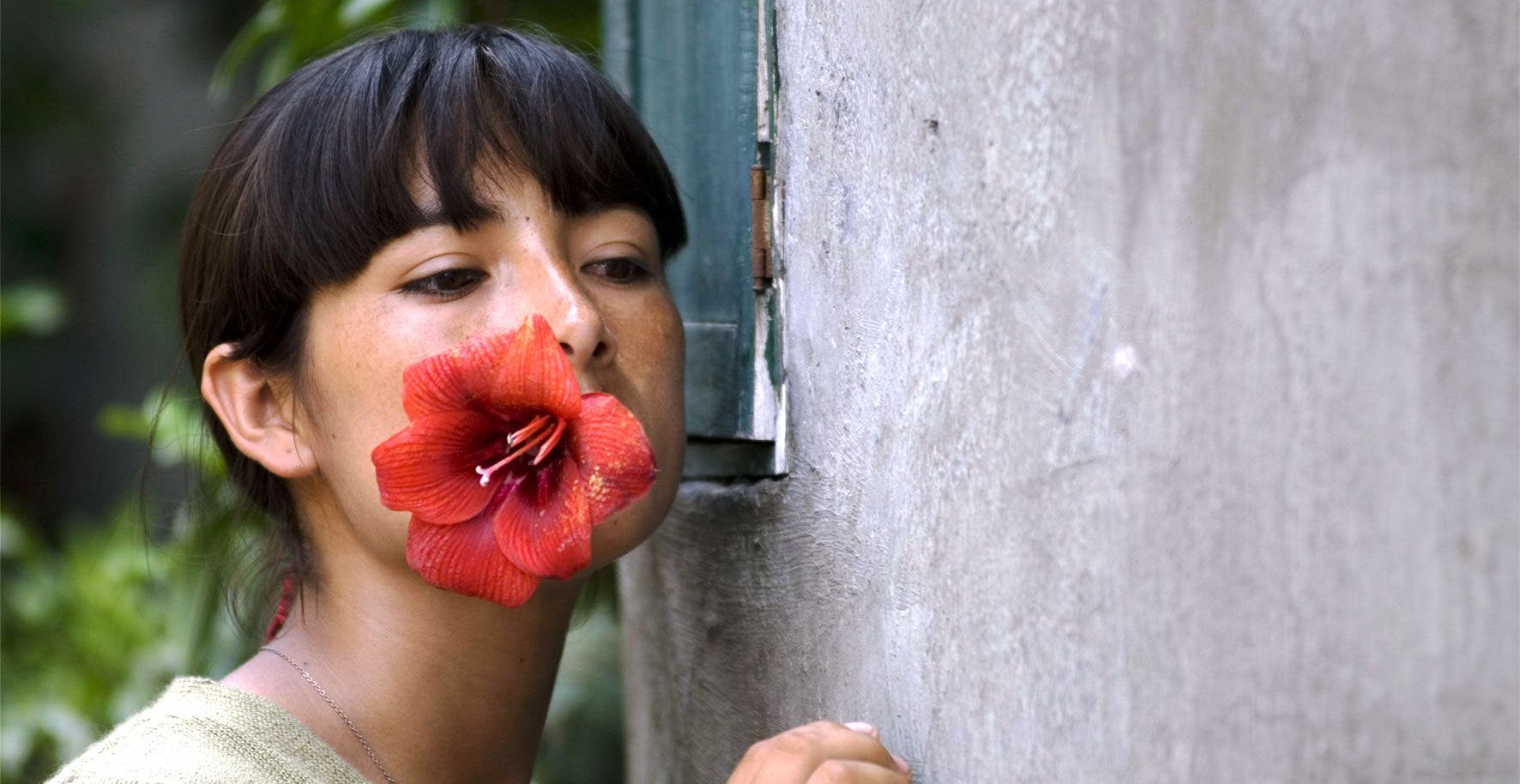
(Claudia Llosa, 2009) · Imported print! Magical realism casts its mesmerizing hue on historical trauma in The Milk of Sorrow. Fausta, a young indigenous woman who believes she has inherited her mother's suffering through breast milk, must tend to her psychological scars in order to give her mother a proper burial. Her journey to earn enough money takes her beyond the comfort of her home, and its spare melody is woven from Magaly Solier's luminous songs and performance, as well as the dread-filled landscape of Lima's outskirts.
runtime: 95m format: 35mm
2/18/2019 @ 7:00 PM
Shadows of Forgotten Ancestors

(Sergei Parajanov, 1965) · In this epic chronicle of love and loss, Carpathian Ukraine amplifies the tragedy of one man's short life. Ivan falls in love with the daughter of his father's killer, despite their families' hostilities. The woman dies and he remarries, but remains obsessed with his drowned love. Under a sorcerer's magic and Parajanov's "cinematographic pyrotechnics," Ivan's grief takes on the scale of the village itself, whose consecrated customs are matched only by its enchantment with ageless pagan magic.
runtime: 110m format: 35mm
2/25/2019 @ 9:30 PM
Under the Sand
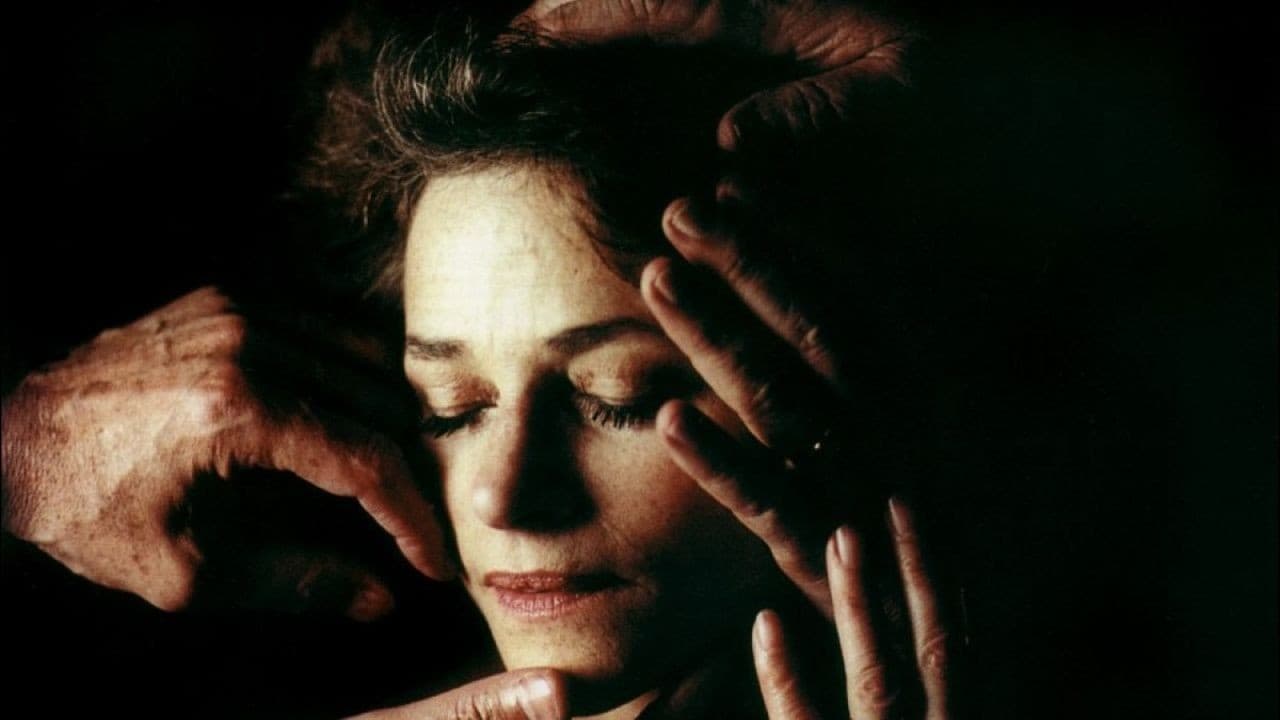
(François Ozon, 2000) · Charlotte Rampling brings cold and fractured mystique to this study of loss, as a university professor who goes to the beach with her husband only to find him gone without a trace moments later. Life goes on for her--but, growing as romantically delusional as she once was happily married, she continues to conjure him up in her day-to-day present. A fine example of love's sea-changes under grief's duress, Under the Sand shows auteur François Ozon at the height of his powers. Print Courtesy of the Yale Film Study Center.
runtime: 96m format: 35mm
3/4/2019 @ 7:00 PM
Margaret
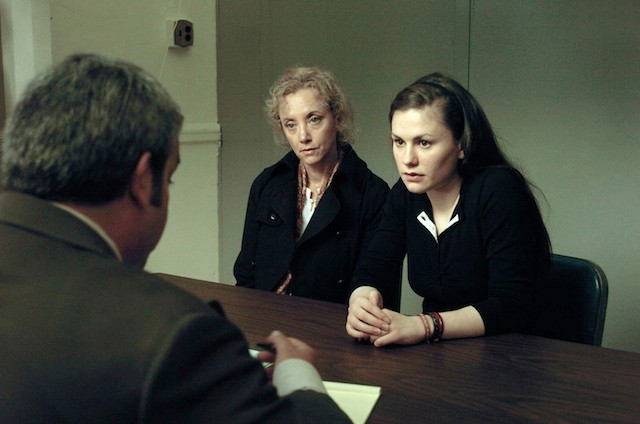
(Kenneth Lonergan, 2011) · Before Manchester by the Sea, Lonergan crafted an entire world, teeming with rich detail, to tell the story of a self-absorbed teenager who accidentally causes a traffic accident with a bus driver (Mark Ruffalo). While Margaret's torturous production process is the stuff of legend--studios warring with each other over the final cut, with Scorsese himself stepping into the fray to save the "masterpiece"--the glorious final product proved to be more than worth the trouble.
runtime: 186m format: DCP
3/11/2019 @ 7:00 PM
Maborosi
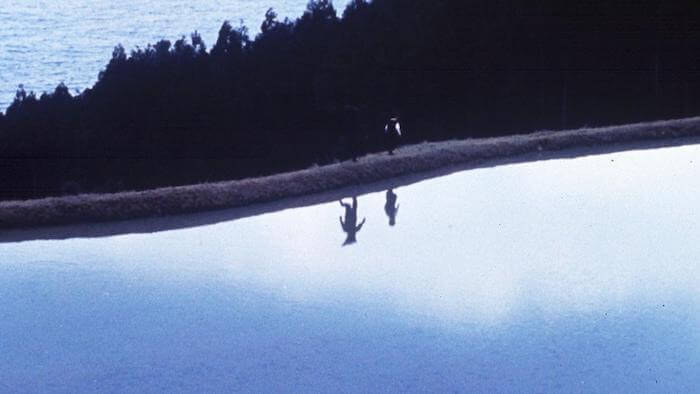
(Hirokazu Kore-eda, 1995) · Many emblems of Hirokazu Kore-eda's work, such as family, loss, regeneration--as well as his lightness of touch in treating them--are present in this delicate breakout feature. Yumiko, a young mother, remarries several years after her husband's suicide, and relocates to the quiet seaside. Portraying her as a woman caught in equal thrall by nature's salve and death's indelible specter, Kore-eda contemplates human sadness and its myriad refractions, in the spirit of the film's title--"phantasmatic light."
runtime: 110m format: 35mm



